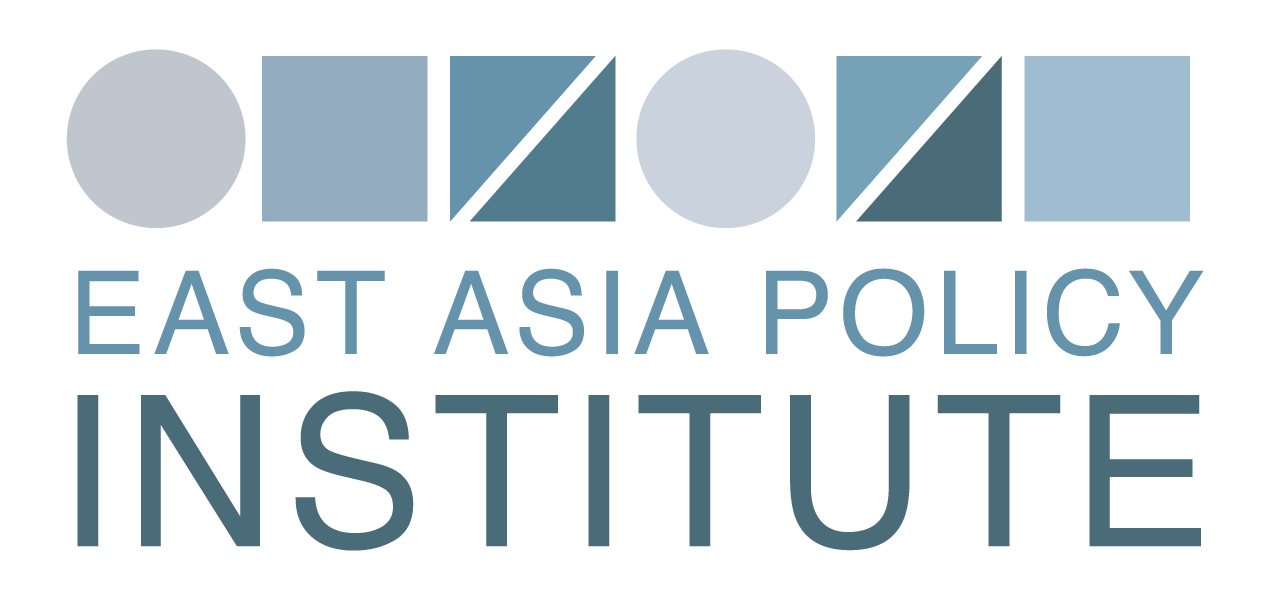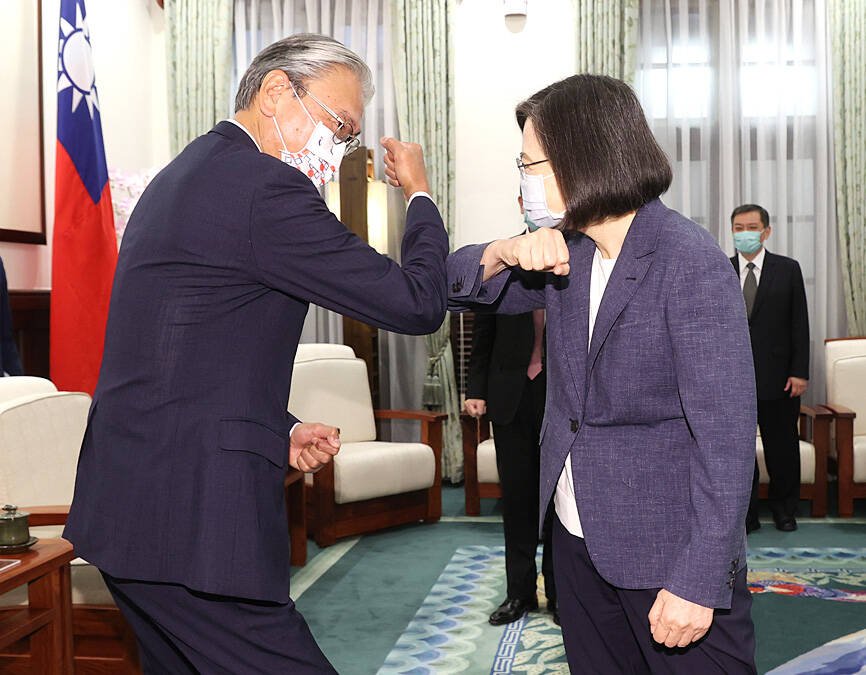Taiwanese President Continues Strengthening Democratic Alliances
Taiwan President Tsai Ing-wen meets with Japanese official Keiji Furuya in Taipei. Source: MOFA
Taiwan’s status as one of the most democratic nations in the world is a major reason for it enjoying such admiration in the U.S. and in other democratic strongholds globally.
Democratic partners should strengthen their alliance to defend against interference by authoritarian states, and protect regional peace and stability, Taiwan’s President Tsai Ing-wen told delegations from Japan and Stanford University’s Hoover Institution.
“China’s recent military exercises in areas surrounding Taiwan have posed significant threats to the status quo across the Taiwan Strait and throughout the region,” Tsai said. “Russia’s invasion of Ukraine this year has highlighted the continuing expansion of authoritarianism. Yet, in standing up to fight for and defend their homeland, the people of Ukraine ... have shown the necessity to safeguard one’s freedom and democracy.”
Taiwan yesterday observed the 64th anniversary of the start of an artillery battle with China that marked the beginning of the Second Taiwan Strait Crisis.
“The battle to protect our homeland showed the world that no threat of any kind could shake Taiwanese’s resolve to defend their nation, not in the past, not now and not in the future,” she said.
“We too will show the world that Taiwanese have both the resolve and the confidence to defend peace, security, freedom and prosperity,” President Tsai said.
“With autocracy continuing to make inroads around the globe, Taiwan and its partners should work together to build safer and more resilient supply chains. This is one of our key priorities,” she said.
Retired U.S. admiral James Ellis, who led the U.S. delegation, said escalating threats to peace and stability for Taiwanese and the Indo-Pacific region, as well as growing challenges to the security of the semiconductor and other supply chains, are causes for concern.
“Now more than ever, we believe it is important for individuals and institutions in the U.S. and other countries to demonstrate support for Taiwan’s right to exist as a self-governing democracy to cooperate with its vibrant private enterprises, particularly in the high-tech sector, and to maintain close connection to and solidarity with Taiwan’s creative and freedom-loving people,” Ellis said.
Taiwan’s hard-won status as one of the most liberal democracies of the post-Cold War world is a major reason it enjoys such admiration, as well as broad and deep support in the U.S. and elsewhere. The delegation’s visit aims to reaffirm the commitment of Americans to bolstering Taiwan’s self-defense capabilities, which is consistent with the US’ Taiwan Relations Act, according to Ellis.
“Effective self-defense involves more than purely military capabilities. It also requires a clear demonstration of both readiness and will, along with vigilance on many levels to counter intimidation, disinformation and gray-zone intrusion,” he said. “These tasks have taken on new urgency in the wake of Russia’s invasion of Ukraine.”
“It is important that all learn appropriate lessons from that conflict, including the complex requirements of deterrence, the scope for miscalculation by authoritarian actors determined to achieve political objectives and considerable potential for large numbers of small, lethal, resilient and distributed weapon systems to help repel a powerful aggressor,” Ellis said.
Keiji Furuya, leader of Japan’s delegation, told Presient Tsai that peace and stability across the Taiwan Strait affect the security of Japan, and are the foundation of stability of the international community.
“China used U.S. House of Representatives Speaker Nancy Pelosi’s visit to Taiwan as an excuse to launch missiles into Japan’s maritime economic zones. This is absolutely unacceptable for the people of Taiwan and Japan, who treasure values of freedom, democracy, rule of law and human rights,” Furuya said.
Furuya praised President Tsai for staying calm in the face of frequent threats from China, as it is important not to fall for China’s provocative schemes or give it an excuse to threaten Taiwan. China’s attempt to change the “status quo” must be fully deterred, he said.

